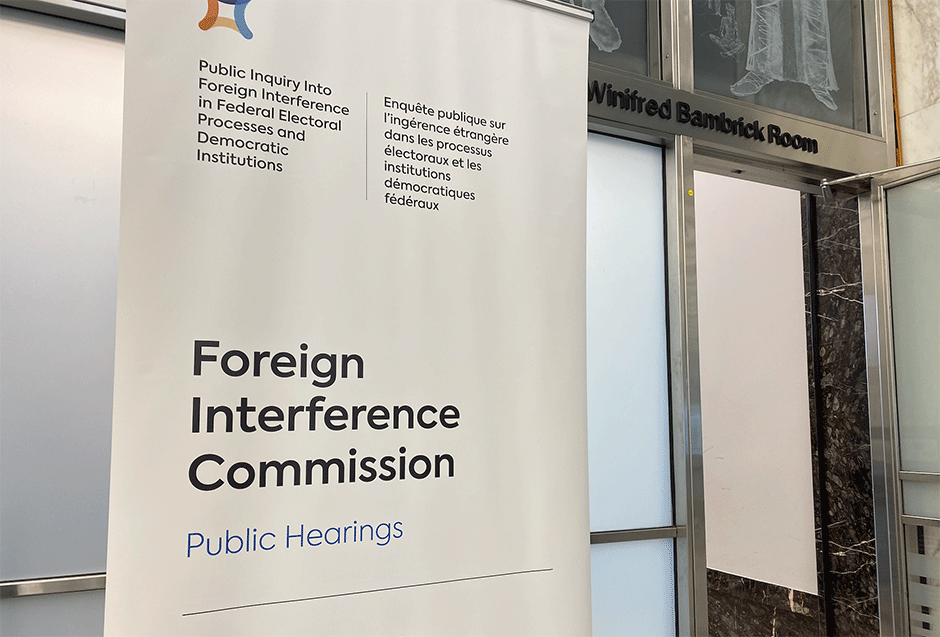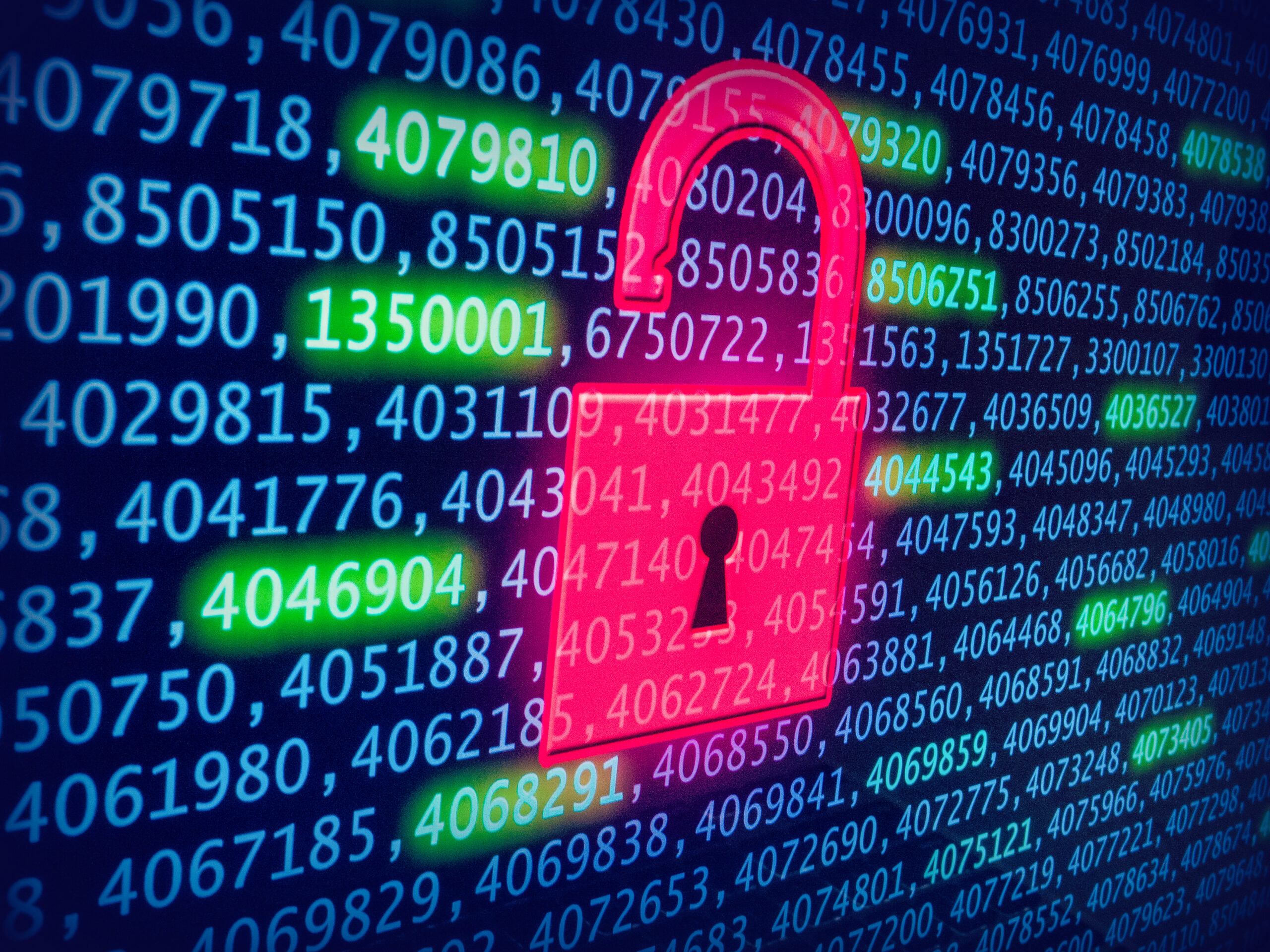
Credit: Luke Lebrun
On February 9, 2024, ICLMG sent our submissions for the consultation on potential legislative changes to address foreign interference in Canada.
The first submission was sent to Public Safety Canada for their consultation, “Enhancing measures to counter foreign interference: Whether to amend the Canadian Security Intelligence Service Act.”
The second submission was sent to Justice Canada’s consultation, “Addressing Foreign Interference: Whether to Amend the Security of Information Act and Modernize certain Criminal Code offences, and to Introduce a review mechanism in the Canada Evidence Act to manage sensitive information.”
While our focus area is on counterterrorism and not specifically countering foreign interference, there are also many similarities, particularly in the kinds of legislative changes being considered and the national security-related tools being proposed. Moreover, most of what is being proposed would not be limited to countering foreign interference but have wide-ranging impacts on CSIS’ capabilities across its mandate, and across various acts and aspects of the justice system.
SUMMARIES OF OUR SUBMISSIONS
General concerns
- The framing of “foreign interference” itself, the lack of information around the breadth and impact of it, and the overall solutions proposed are focused on greater securitization, greater police and intelligence agency powers.
- The politicization and vagueness of terms like “foreign interference” and how they can be usurped to achieve and support goals unrelated to ensuring security of individuals in Canada.
- Much like with counter terrorism, attempts to counter foreign interference – as demonstrated in recent public discourse – can lead to racial, religious and political profiling.
- Most of the proposals for legislative changes in this consultation are not supported by evidence that they are necessary, and would have impact far beyond addressing foreign interference.
Submission to Public Safety Canada on “Enhancing measures to counter foreign interference: Whether to amend the Canadian Security Intelligence Service Act”
1. The government should explore avenues to improve information sharing that do not include legislative changes to the CSIS Act
– CSIS already shares threat assessment related information with the private sector, and national security agencies have held regular classified briefings with national resource companies.
– There are ongoing concerns regarding systemic bias and racism: anonymous leaks of unsubstantiated information alleging foreign interference by specific individuals or entire communities, some of which have been disproven or are unsupported by public evidence.
– There are important issues of accuracy, transparency, privacy and recourse regarding intelligence sharing that are not addressed in the consultation and may outweigh any benefits of increased information sharing.
2. We oppose new production order powers and new collection powers
– CSIS data collection and retention powers have been greatly expanded in the past five years and not enough justification has been given in this consultation document to support further expansion.
– The vague language used to describe the basis and thresholds for issuing a production order – “reasonably believes,” “likely” to yield or assist, and information “of importance” – could lead to unnecessary and broad requests for information without appropriate justification.
– CSIS has a troubling history of disdain for the existing warrant process, and courts have found CSIS guilty multiple times of misleading them or leaving out key information.
3. We oppose granting CSIS the power to collect foreign intelligence held outside Canada regarding a foreign state or a foreign individual located within Canada
– The intent of the limitation of “within Canada” was to avoid: “aggressive ‘covert’ and ‘offensive’ activities abroad,” so as “to mitigate the political diplomatic and moral risk of conducting foreign intelligence collection, which [has] the potential to breach foreign international law [and] foreign domestic law and bring disrepute to Canada’s international reputation […].” The proposal does not address how this would be safeguarded against with any new CSIS collection powers. We would also be concerned that this would provide CSIS with vast new powers to collect information abroad without appropriate oversight or justification.
4. It is inappropriate, inadequate and worrisome to address the question of CSIS’ dataset regime in this consultation, and we oppose expanding the regime and allowing the sharing of datasets with domestic partners or foreign entities
– Not only do we continue to question the creation of this regime itself, and believe the current legislation around datasets is too broad and permissive – as it expanded CSIS collection powers to information that is not strictly necessary for its mandate – it already allows for non-authorized datasets to be queried under exigent circumstances.
– Ample powers already exist for CSIS to cooperate with the RCMP, CSE and CBSA, and information disclosure powers exist under the Security of Canada Information Disclosure Act.
– Once a dataset is shared with another entity, it becomes incredibly difficult to control how it is used; and that is exponentially amplified when sharing with a foreign jurisdiction.
Submission to Justice Canada on “Whether to Amend the Security of Information Act and Modernize certain Criminal Code offences, and to Introduce a review mechanism in the Canada Evidence Act to manage sensitive information”
1. We generally oppose the creation of the proposed new foreign interference offences
– The concerning tenor of the discussion on foreign interference in Canada to date could lead, as it does around counter-terrorism, to overreach and over-securitization in addressing this issue. Such a response would undermine fundamental rights and, with it, democratic involvement and participation. This in turn can lead to more tension and divisions, and the further marginalization of racialized, Indigenous or immigrant populations, as well as those involved in dissent, protest and challenging the status quo.
– It is also important to ensure that responses beyond policing, intelligence, criminal charges and penalty increases at sentencing are appropriately explored, such as non-punitive approaches that respond to the societal roots of harms.
– Given our concerns around the overly-broad and discretionary labeling of organizations as “terrorist entities”, we are worried that the current definition of foreign entity could be misapplied. The definition should therefore not be expanded.
3. We believe any changes to Canada’s sabotage offence should be limited
– We oppose the broad expansion of what is considered critical infrastructure, and are concerned with the inclusion of the protection of “economic well-being” in the examples offered. This could include private interests that, for example, are at odds with environmental or social concerns.
– We oppose the creation of an offence against the possession of a device to commit sabotage. The vast majority of devices covered would likely end up being dual or multi-use. The Criminal Code already contains offences related to the intent to commit an offence, that is sufficient.
4. We continue to oppose secret processes in administrative, immigration and criminal proceedings, as well as new efforts to normalize and expand their use
– The growing use of these secret processes is eroding, and will continue to erode, human rights, democracy, fairness and public confidence in not just the government, but in the judiciary itself.
5. We are opposed to reforms that would further entrench national security secrecy in courts and limit the need for the government to disclose evidence
– Instead of allowing judges to appoint a kind of “special advocate,” justice would be better served by allowing counsel for the defence to engage in an undertaking to not disclose information, and therefore be able to fully argue on behalf of their client.
– We oppose the elimination of a defendant’s ability to file interlocutory appeals relating to disclosure, as the rights of the accused would be irreparably harmed by limiting appeals to after a decision is rendered.
– Finally, we oppose the expansion of the grounds to grant a sealing order to include, “international relations, national defence or national security,” as all three terms are very broad in scope and could seriously erode transparency and openness in the judicial system.
Since you’re here…… we have a small favour to ask. Here at ICLMG, we are working very hard to protect and promote human rights and civil liberties in the context of the so-called “war on terror” in Canada. We do not receive any financial support from any federal, provincial or municipal governments or political parties. You can become our patron on Patreon and get rewards in exchange for your support. You can give as little as $1/month (that’s only $12/year!) and you can unsubscribe at any time. Any donations will go a long way to support our work. |




